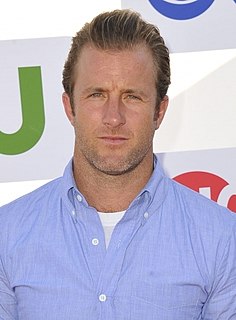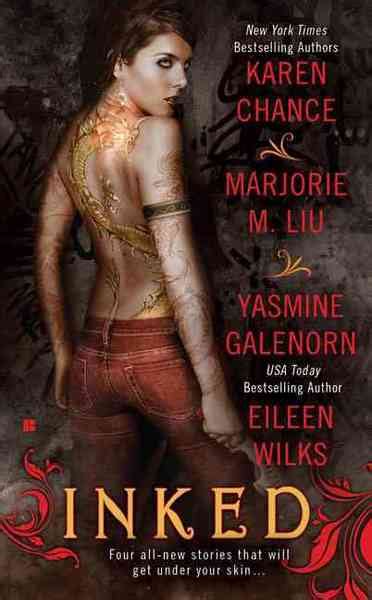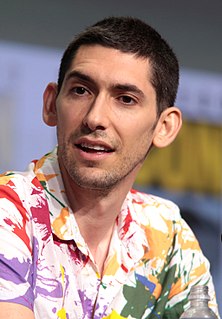A Quote by Scott Caan
Good, bad mediocre or whatever it is, if a director wants me in his movie, I take it as a compliment.
Related Quotes
With a director it's all about the work; I'd work with a great director over - you know, I'm not the kind of actor who that doesn't go, 'I want to play this role.' It's more like, 'I want to work with this director,' regardless of what the role is because if it's a good director, you'll probably find a good role because it's a decent film. But a mediocre director will always make a mediocre movie.
With a good script a good director can produce a masterpiece; with the same script a mediocre director can make a passable film. But with a bad script even a good director can’t possibly make a good film. For truly cinematic expression, the camera and the microphone must be able to cross both fire and water. That is what makes a real movie. The script must be something that has the power to do this.
Who doesn't love a compliment? But every compliment comes with a warning: Beware—Do Not Overuse. Go ahead, sniff your compliment. Take a little sip. But don't chew, don't swallow. If you do, you risk abandoning the good work that inspired the compliment in the first place. If that happens, maybe it was the compliment and not the job well done that you were aiming for all along.
Rahman is very very director friendly. He is ever ready to go whichever the director wants, the story wants, depending on the kind of movie or the music you want, and within that he finds his niche. It is a constantly complementary process. At the end of the day he is not pleasing you, he has to please himself.
I make a lot of pots in a year's time and some of them are good and some of them are mediocre and some of them are bad. If they're really bad and I'd be ashamed of them, I throw them out, but if they're mediocre and they'll serve the purpose for which they're designed, that is, a mixing bowl or a soup bowl or a plate or whatever, I sell them. And this income from the sale of these pots permits me to go on and make other pots. It's even more important now that I've quit teaching, because I do not have a teacher's salary to fall back on.
I got to work with Robert DeNiro once and it was a strange experience. Gwyneth Paltrow and I were doing Great Expectations movie together and we were complaining about what a mediocre film experience it was. DeNiro showed up on set and all of a sudden the director got better, the director of photography got better - everybody got more interested and excited. DeNiro isn't waiting for other people to create the environment that he wants, he brings it along with him.
I think the whole nostalgia for the forty year gap for [Sylvester] Stallone was bigger than the movie [Creed], but it's good because the movie still gets recognized with Stallone's involvement. I'm sure the director [Ryan Coogler] is still proud of his film, but it's very hard to nominate a director.
Writing a good movie brings a writer about as much fame as steering a bicycle. It gets him, however, more jobs. If his movie is bad it will attract only critical tut-tut for him. The producer, director and stars are the geniuses who get the hosannas when it's a hit. Theirs are also the heads that are mounted on spears when it's a flop.
There are directors, and I think this is true of all directors, it would be true if I was a director - If the actor didn't want to do what I was suggesting, I would let him do it his way, and then I would say to him, "Just give me one where you do what the director wants", and that, of course, is the take that's used.
I'm fine," I told him tersely. "Of course you are. You're one of the strongest people I know." It took me a second to process that, because he'd said it so casually. Like he was talking about the weather or what time it was. Only Pritkin didn't say things like that. His idea of a compliment was a nod and to tell me to do whatever it was I'd just done over again. Like that was usually possible. But that had sounded suspiciously like a compliment to me.



































